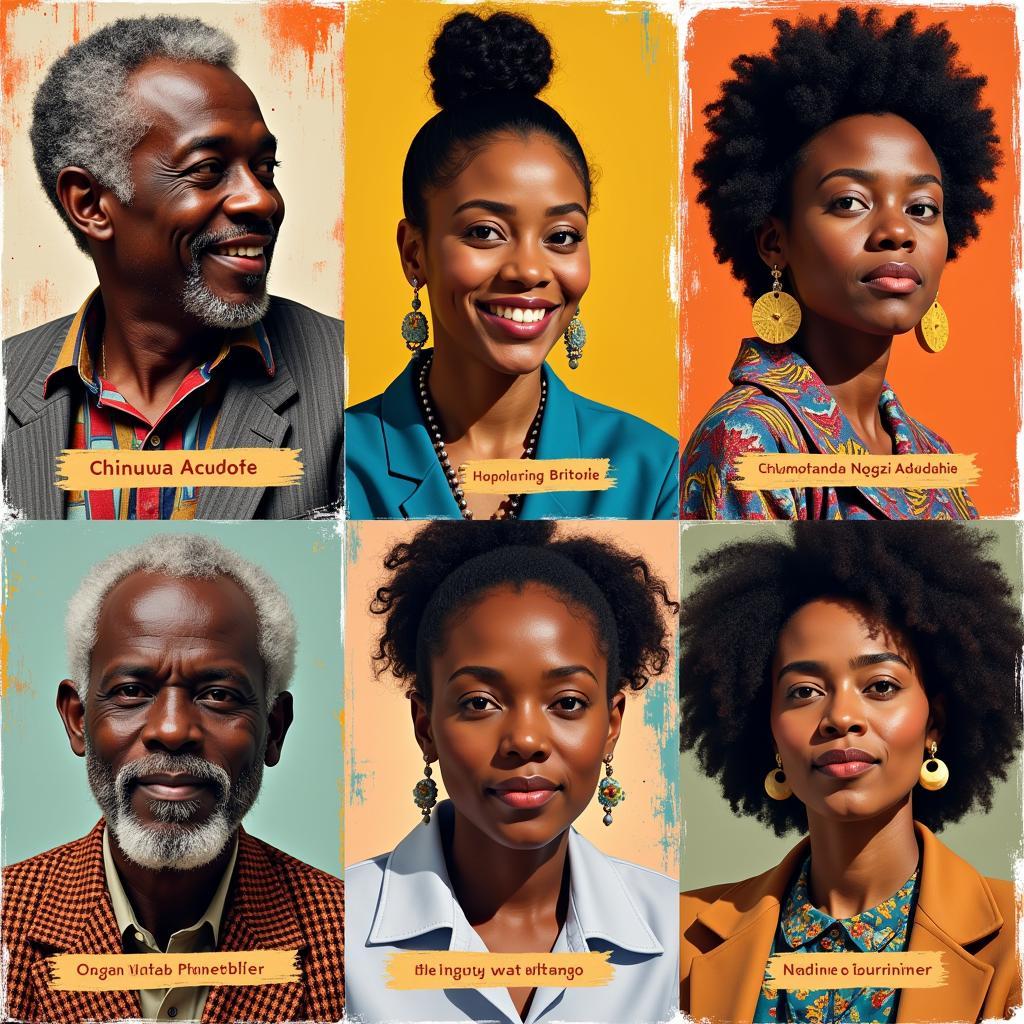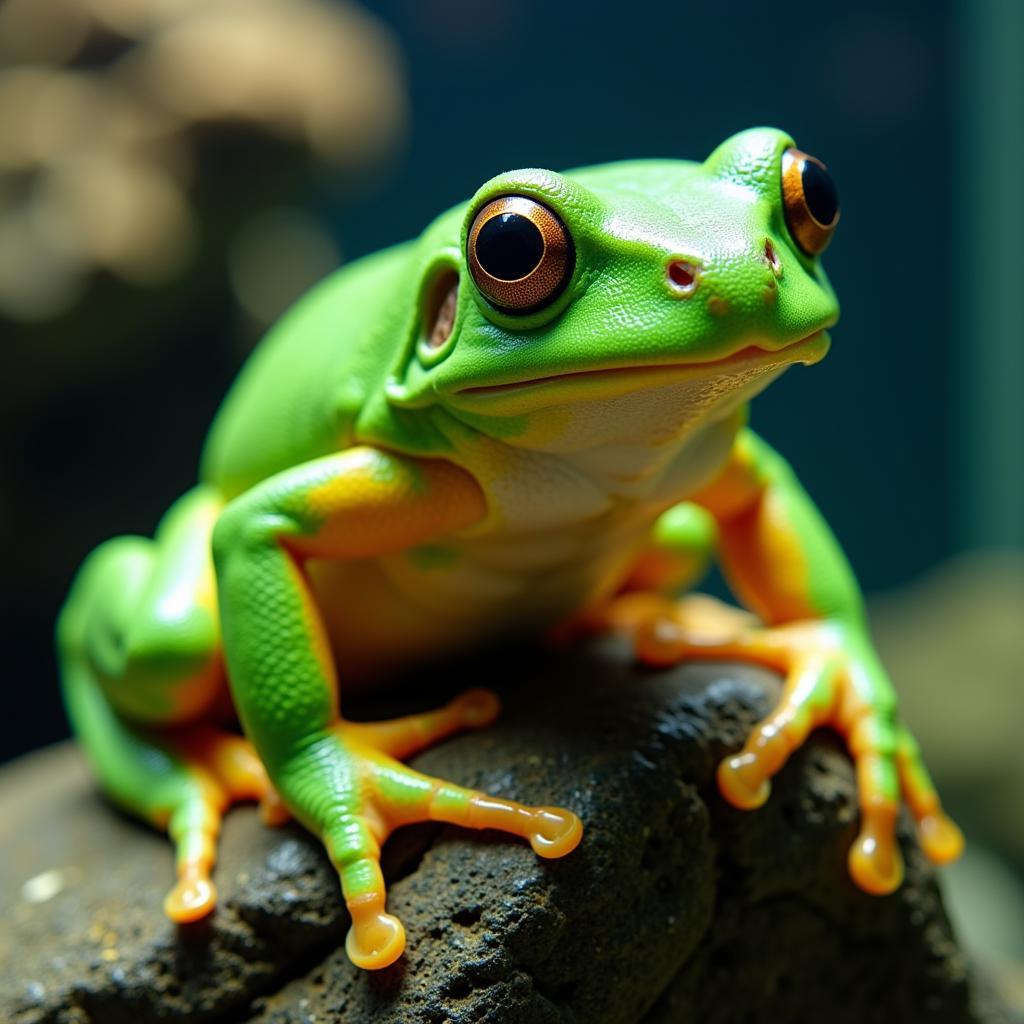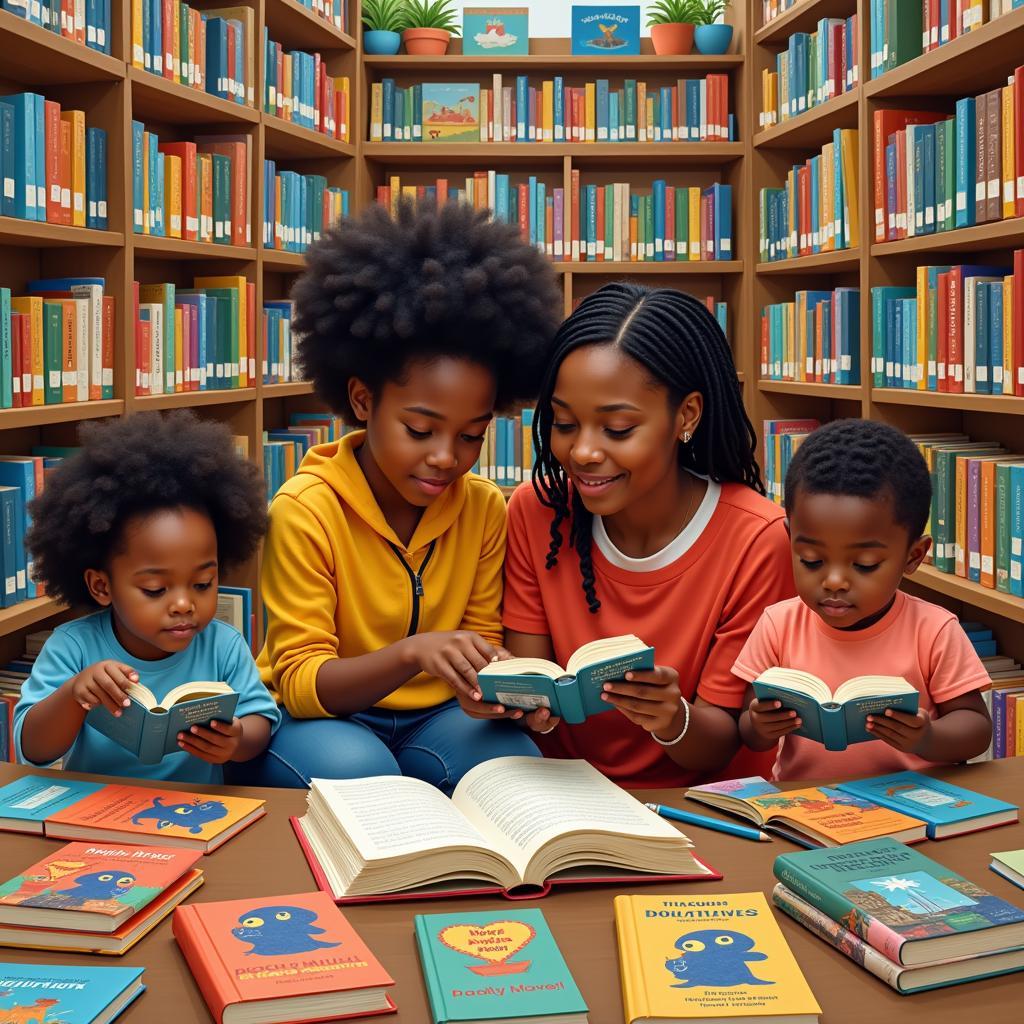Exploring the Rich World of African Fiction Authors
African Fiction Authors offer a diverse and captivating lens into the cultures, histories, and experiences of the African continent. From the bustling streets of Lagos to the serene landscapes of the Serengeti, their stories weave a rich tapestry of human life, challenging stereotypes and illuminating the complexities of African identity. This article delves into the vibrant world of African literature, exploring the notable authors who have shaped its narrative and the themes that resonate within their works.
African literature is not a monolith; it encompasses a multitude of voices, languages, and perspectives. From Chinua Achebe’s groundbreaking Things Fall Apart to Chimamanda Ngozi Adichie’s contemporary explorations of identity and feminism, african american authors fiction have captivated readers worldwide with their profound insights and powerful storytelling.
Who Are Some Prominent African Fiction Authors?
The landscape of African fiction is populated by a constellation of brilliant writers. Ngugi wa Thiong’o, a Kenyan author and playwright, is renowned for his works that challenge colonial narratives and champion the use of African languages in literature. His novel, Weep Not, Child, is a poignant portrayal of the Mau Mau uprising. Nadine Gordimer, a South African Nobel laureate, fearlessly explored the complexities of apartheid and its impact on individuals in works such as July’s People.
 Portraits of Prominent African Fiction Authors
Portraits of Prominent African Fiction Authors
What Themes Dominate African Fiction?
African fiction often grapples with themes of colonialism, post-colonial identity, political struggles, and the complexities of tradition and modernity. The impact of colonialism and the fight for independence are recurring motifs, reflecting the continent’s historical experiences. Many authors explore the challenges of forging a post-colonial identity in the face of globalization and the enduring legacy of European influence.
The Role of Oral Tradition in African Fiction
Oral tradition plays a significant role in shaping the narrative styles and themes of African fiction. Storytelling, proverbs, and folklore are often interwoven into the fabric of the narratives, lending a unique richness and depth to the writing. Many authors draw inspiration from these ancient traditions, creating works that resonate with the rhythms and cadences of oral storytelling.
Many readers are drawn to lists of recommended reading. You can find a great african american book list to expand your knowledge.
How Has African Fiction Evolved Over Time?
From its early beginnings in the mid-20th century, African fiction has undergone a remarkable evolution. The first generation of writers primarily focused on the struggles against colonialism and the assertion of African identity. Subsequent generations have explored a wider range of themes, including gender equality, LGBTQ+ rights, environmental issues, and the challenges of urbanization. Contemporary African fiction is marked by its diversity, innovation, and global reach.
Exploring Identity in African Fiction
The exploration of identity is a central theme in many works of African fiction. Authors delve into the complexities of individual and collective identity in the context of historical trauma, cultural change, and the ongoing search for belonging. They explore the intersections of race, gender, class, and sexuality, offering nuanced portrayals of the diverse experiences within African societies.
“African fiction offers a powerful counter-narrative to the dominant Western perspectives,” says Dr. Abeni Okonjo, a renowned scholar of African literature. “These stories challenge stereotypes, celebrate resilience, and offer a profound understanding of the human condition.”
For those interested in exploring specific genres, there are resources available that focus on particular authors. For instance, you can find lists of african american urban fiction authors or african american female authors fiction to further refine your search. Also, consider checking out resources featuring african american male authors fiction for a different perspective.
Conclusion
African fiction authors have made an indelible mark on the world literary stage. Their compelling narratives offer invaluable insights into the rich tapestry of African Life, challenging preconceived notions and enriching our understanding of the human experience. By exploring the works of these talented writers, we embark on a journey of discovery, gaining a deeper appreciation for the diverse voices and vibrant cultures of the African continent. Begin exploring the world of African fiction authors today.
FAQ
-
Who is considered the father of African literature? Many consider Chinua Achebe to hold this title.
-
What are some key characteristics of African fiction? Oral tradition, post-colonial themes, and explorations of identity are key characteristics.
-
Where can I find more resources on African literature? Universities, libraries, and online literary platforms are excellent resources.
-
Are there any awards specifically for African writers? Yes, there are several, including the Caine Prize for African Writing.
-
How can I support African authors? Buy their books, attend their readings, and recommend their work to others.
-
What is the significance of African languages in literature? Using African languages helps preserve culture and allows for authentic storytelling.
-
How does African fiction contribute to global literature? It offers unique perspectives, expands representation, and challenges dominant narratives.
If you need further assistance, please contact us at Phone: +255768904061, Email: [email protected] Or visit us at: Mbarali DC Mawindi, Kangaga, Tanzania. We have a 24/7 customer support team.

